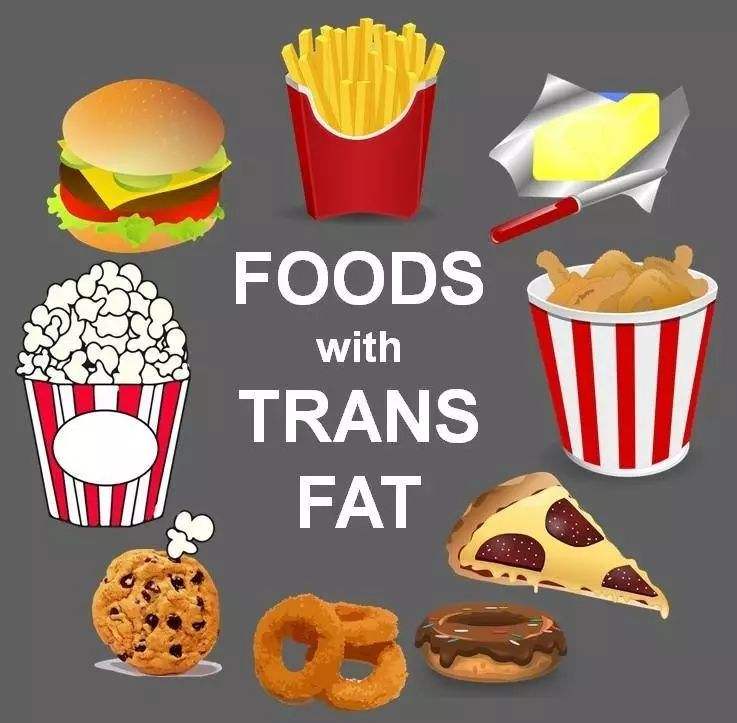According to the official website of the Russian Consumer Right Protection and Public Welfare Supervision Bureau on May 26, the consumption of trans fats has decreased due to the increasing publicity of the harmful effects of trans fats and the tightening of state regulation. However, trans fats are still a major factor affecting public health.
Currently, Russia has enacted laws and regulations restricting the use of trans fats in food production, explicitly banning their use in children's food, and recommending restrictions on the production and consumption of fried foods in fast food.
It also explains the definition and scope of trans fats, the benefits of using natural trans fats legitimately, and the dangers of artificial trans fats as a cause of various chronic diseases.
Some hydrogenated vegetable oils are the largest source of trans fats in the diet, thus it's not recommended to choose products labeled as "some hydrogenated oils," the website says. Instead, choose a diet based on fruits, vegetables, whole grains, healthy fats, and lean proteins.
In Russia, margarine, spreads, baking, cooking and confectionery fats and other products containing trans fats must contain no more than 2% trans isomer fatty acids, and must contain trans fat information on the label.


